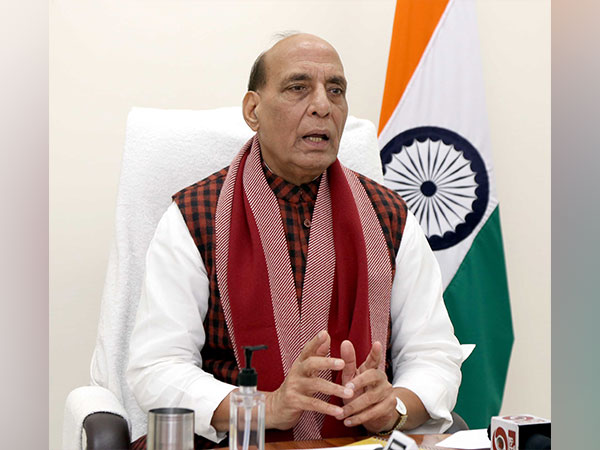In yet another boost to self-reliance in defence sector, the Ministry of Defence on Wednesday signed three contracts — two with Bharat Electronics Limited (BEL), Ghaziabad and one with New Space India Limited (NSIL) — at a total cost nearly Rs 5,400 crore, to bolster the defence capabilities of the country.
According to the Ministry of Defence, the first contract with BEL pertains to the procurement of the Automated Air Defence Control and Reporting System ‘Project Akashteer’ worth Rs 1,982 crore for the Indian Army.
The second contract with BEL relates to the acquisition of Sarang Electronic Support Measure (ESM) systems along with the associated Engineering Support Package from BEL, Hyderabad at an overall cost of Rs 412 crore for the Indian Navy.
The contract with NSIL, a Central Public Sector Enterprise under the Department of Space, Bengaluru pertains to the procurement of an advanced Communication Satellite, GSAT 7B, which will provide High Throughput Services to the Indian Army at an overall cost of Rs 2,963 crore, said the Defence Ministry statement.
The Automated Air Defence Control and Reporting System ‘Project Akashteer’ will empower the Air Defence units of the Indian Army with an indigenous, state-of-the-art capability, to effectively operate in an integrated manner. Akashteer will enable monitoring of low-level airspace over the battle areas of the Indian Army and effectively control the Ground-based Air.
Further, Sarang is an advanced Electronic Support Measure system for helicopters of the Indian Navy, designed and developed indigenously by the Defence Electronics Research Laboratory, Hyderabad under the programme Samudrika. The scheme will generate employment of approximately 2 lakh man-days over a period of three years.
Both projects will encourage the participation of Indian Electronics and associated industries, including MSMEs, who are sub-vendors of BEL.
Advanced Communication Satellite will considerably enhance the communication capability of the Indian Army by providing mission-critical beyond-the-line-of-sight communication to troops and formations as well as weapon and airborne platforms. The geostationary satellite, being a first-of-its-kind in the five-tonne category, will be developed indigenously by Indian Space Research Organisation (ISRO).
Many parts and sub-assemblies and systems will be sourced from indigenous manufacturers, including MSMEs and start-ups, thereby giving a fillip to the private Indian space industry, in line with the Prime Minister’s vision of ‘Aatmanirbhar Bharat’. The project will generate employment of approximately 3 lakh man-days over a period of three and half years. (ANI)
Read More: http://13.232.95.176/

